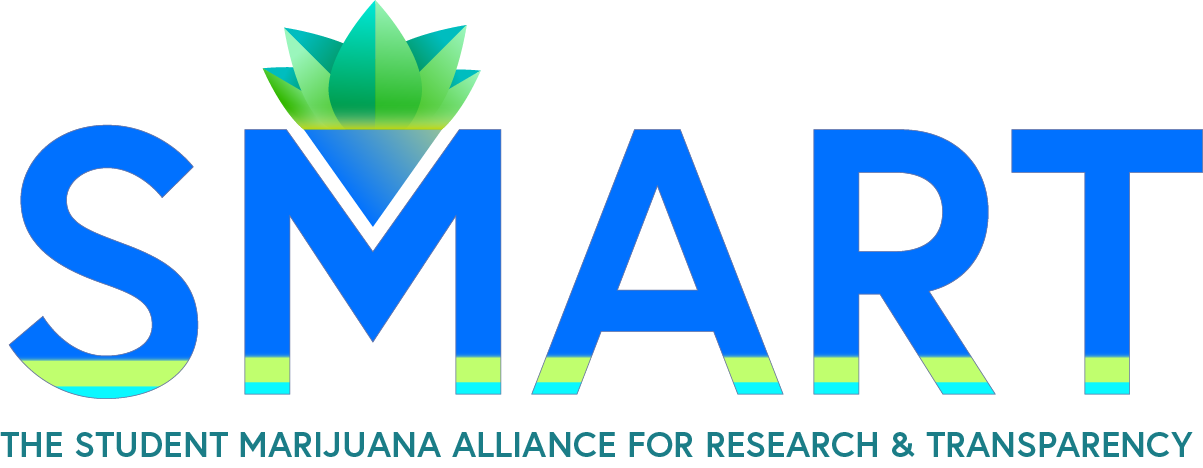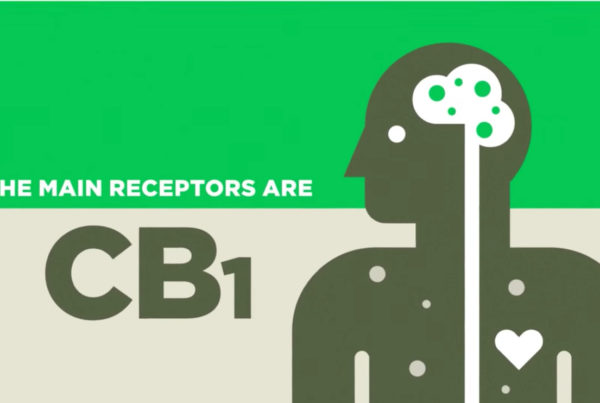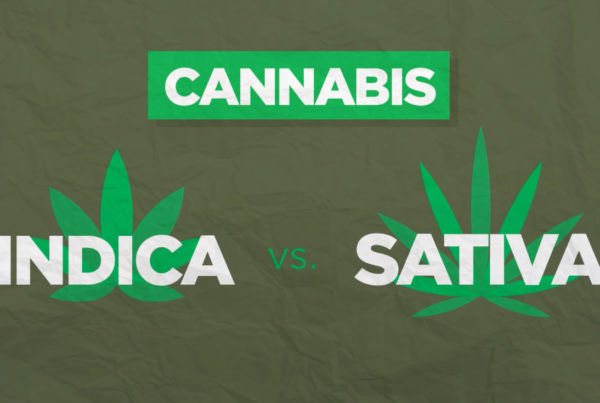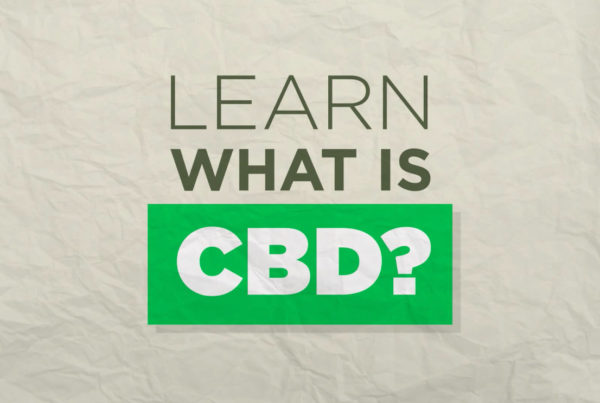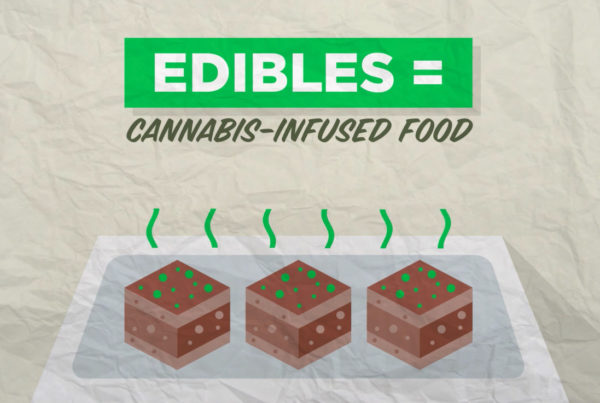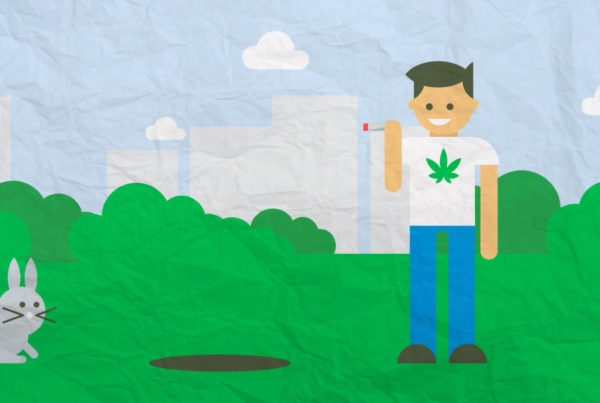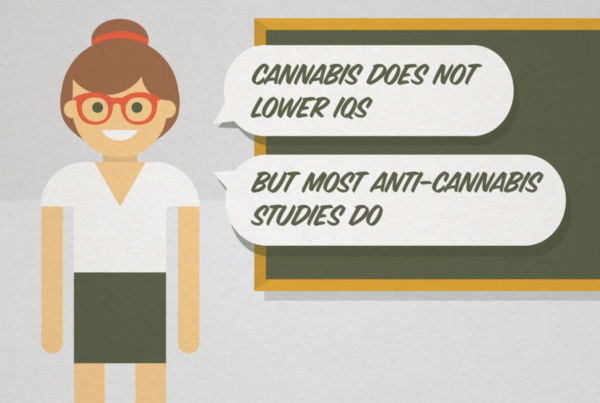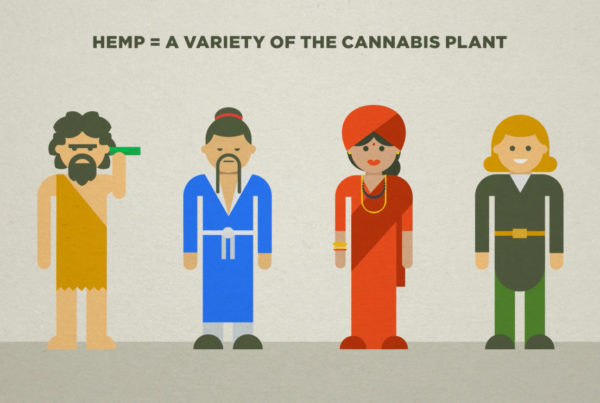Cannabidiol (CBD) is a naturally occurring chemical compound found in cannabis. In studying the plant, researchers identified more than 100 such phytochemical compounds that are collectively called cannabinoids, and CBD and tetrahydrocannabinol (THC) are the most prominent in terms of typical volume. CBD does not have psychoactive properties that produce euphoric highs, and it potentially reduces or delays THC-related euphoria. More importantly, clinical studies show that CBD has extensive medical applications, probably more so than any other cannabinoid. Users experience the benefits of CBD with traditional delivery devices, but various extraction methods (e.g., ethanol, olive oil, solvent, grain alcohol, C02) help produce non-psychoactive CBD oils with high potency and measured dosage. The oil concentrate can be smoked, ingested or applied to the skin as a topical cream depending on the medicinal need
How CBD Works
Each person has a cannabinoid receptor system in the brain that includes receptor type 1 (CB1) primarily in the central and peripheral nervous system and receptor type 2 (CB2) primarily in the immune system. Whereas THC binds directly to the receptors, CBD affects them indirectly through endocannabinoids produced naturally in the body. In addition to stimulating natural production, CBD suppresses the enzyme that metabolizes endocannabinoids. Though it lacks an affinity for the primary receptors, CBD might increase receptor density and coupling efficiency, and it does bind to other receptors associated with adenosine (A2A), serotonin, pain perception, mood and inflammation, among others. It also appears to deactivate the GPR55 receptor associated with cancer cell proliferation. The cannabinoid receptor system plays an important role in maintaining a stable biological environment, and fittingly, CBD seems to counter potential THC side effects like anxiety, paranoia and short-term memory disruptions.
Medical Use of CBD
In the medical marijuana (MMJ) field, CBD shows immense promise for a wide range of diseases and disorders, and its non-psychoactive profile allows for practical and inclusive applications. As noted by the Brazilian Journal of Psychiatry in 2008, researchers determined the chemical structure of CBD in 1963, and it sparked an initial wave of medical research into its antiepileptic and sedative properties. These studies, while informative, only captured a glimpse of CBD’s medical potential, and renewed research in the new millennium identified antiinflammatory, antioxidant, neuroprotective, analgesic, anxiolytic, antiemetic and neuroleptic properties. Furthermore, Current Drug Safety in 2011 stated that humans tolerate CBD well, even with chronic use and high dosage, and it is nontoxic with no adverse effects related to heart rate, blood pressure, body temperature, food intake, gastrointestinal transit or psychological function.
To date, clinical studies involving CBD suggest medical applications for anxiety disorders, schizophrenia, inflammation, diabetes, rheumatoid arthritis, multiple sclerosis, epilepsy, post-traumatic stress disorder (PTSD), opiate addiction, neurodegenerative disorders, heart disease, Parkinson’s, Alzheimer’s, Crohn’s disease and a debilitating form of epilepsy called Dravet’s Syndrome. Furthermore, the British Journal of Clinical Pharmacology noted in 2013 that CBD has anticancer properties that interfere with “tumor neovascularization, cancer cell migration, adhesion, invasion and metastasization.”
CBD and THC
CBD is appealing for medicinal users since the non-psychoactive oil can be taken in measured, concentrated doses that do not adversely affect cognition or motor skills. Several studies do suggest, however, that CBD reaches optimal efficacy when paired with THC. In addition to boosting the antioxidant potency of CBD, studies show that THC has its own therapeutic profile that includes potential anticancer agents. The two cannabinoids seem to have a symbiotic relationship that fosters mutual enhancement, and some medicinal experts advocate for whole-plant use when appropriate. Still, many individuals prefer the singular use of CBD, especially when the treatment involves children, and the extracted oil is undeniably a potent medicine with or without THC. The immense game-changing potential for CBD-based medical treatments is a primary force driving the cannabis legalization movement.
